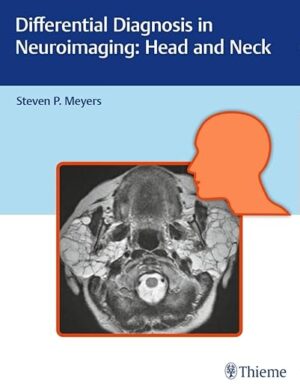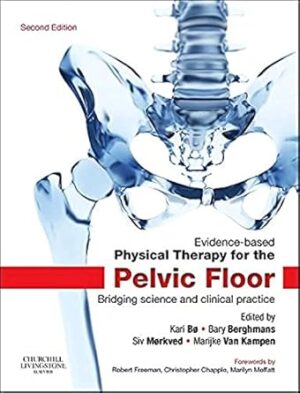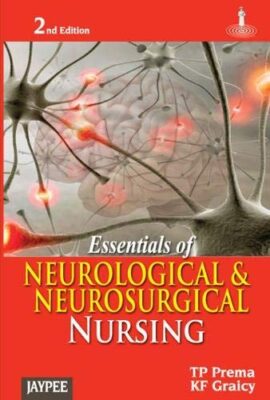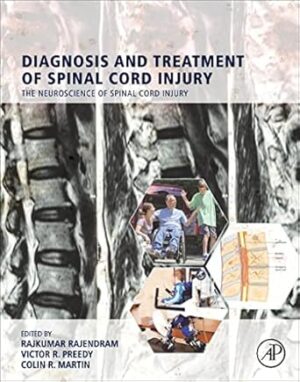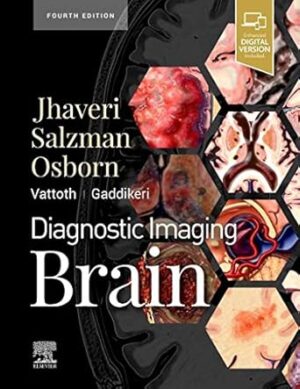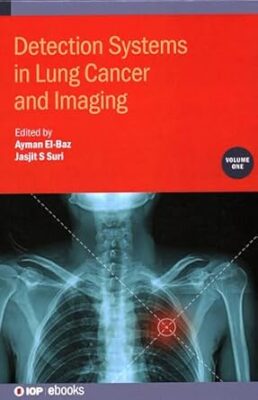Differential Diagnosis in Neuroimaging: Head and Neck 1st Edition
Authored by renowned neuro-radiologist Steven P. Meyers, Differential Diagnosis in Neuroimaging: Head and Neck is a stellar guide for identifying and diagnosing head and neck disease based on location and neuroimaging results. The succinct text reflects more than 25 years of hands-on experience gleaned from advanced training and educating residents and fellows in radiology, neurosurgery, and otolaryngology. The high-quality MRI and CT scans have been collected over Dr. Meyers’s lengthy career, presenting an unsurpassed visual learning tool.
The distinctive ‘three-column table plus images’ format is easy to incorporate into clinical practice, setting this book apart from larger, disease-oriented radiologic tomes. This layout enables readers to quickly recognize and compare abnormalities based on more than 1,500 high-resolution images. Chapters cover skull imaging, temporal bone imaging, orbital imaging, paranasal imaging, suprahyoid neck imaging, and infrahyoid neck imaging, for a full spectrum of head and neck pathologies.
Key Highlights
- Tabular columns organized by anatomical abnormality include neck, facial, and skull based imaging findings and a summary of key clinical data that correlate to the images
- Congenital/developmental and acquired abnormalities including solitary or multiple orbital lesions; and solitary, multifocal, or diffuse sinonasal disease
- Abnormalities of the skull, craniovertebral junction, tempormandibular joint, infrahyoid neck, anterior and posterior cervical space, perivertebral space, and brachial plexus
This visually rich resource is a must-have diagnostic tool for residents, fellows, and practitioners in radiology, otolaryngology-head and neck surgery, and neurosurgery. The highly practical format makes it ideal for daily rounds, as well as a robust study guide for physicians preparing for board exams.









